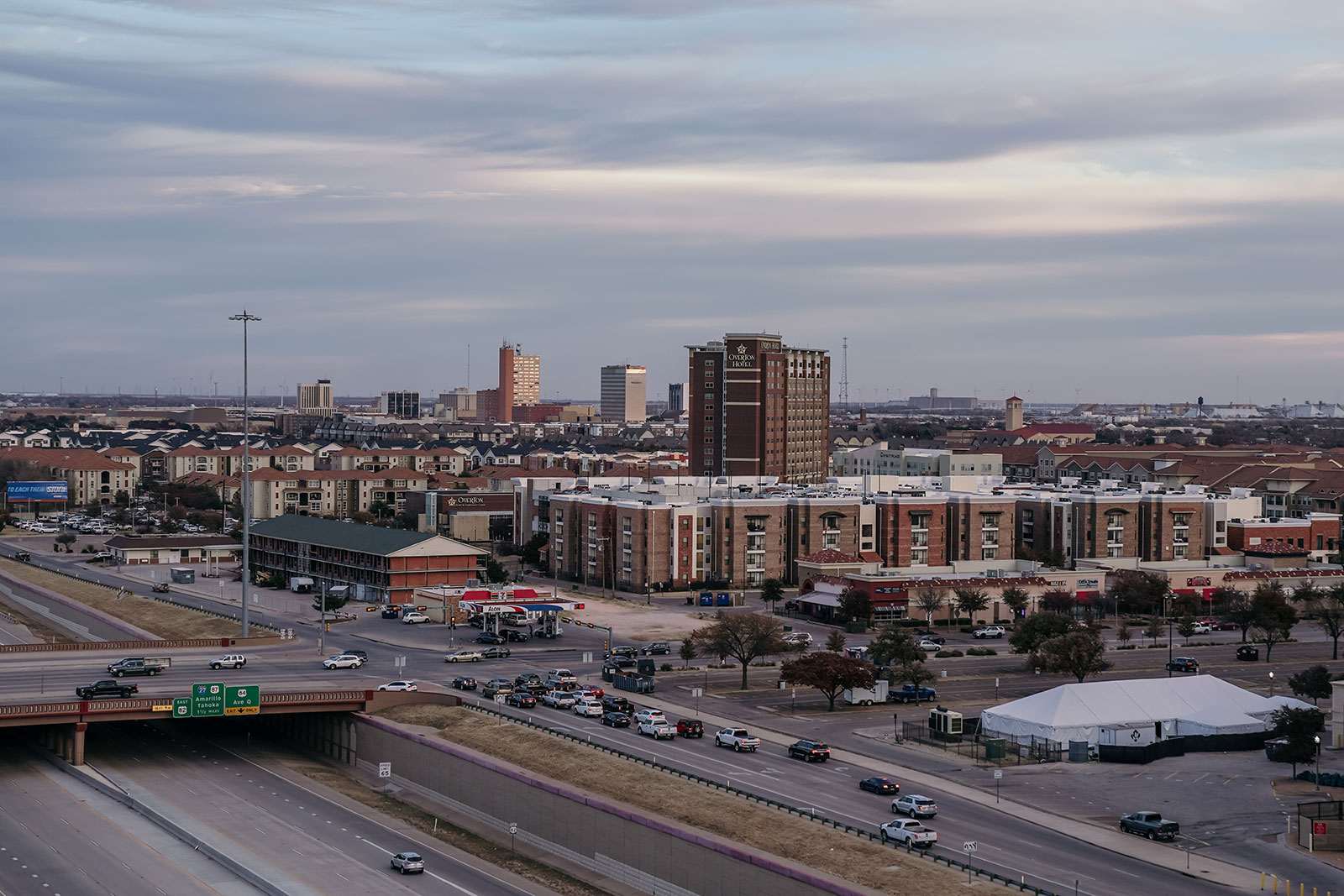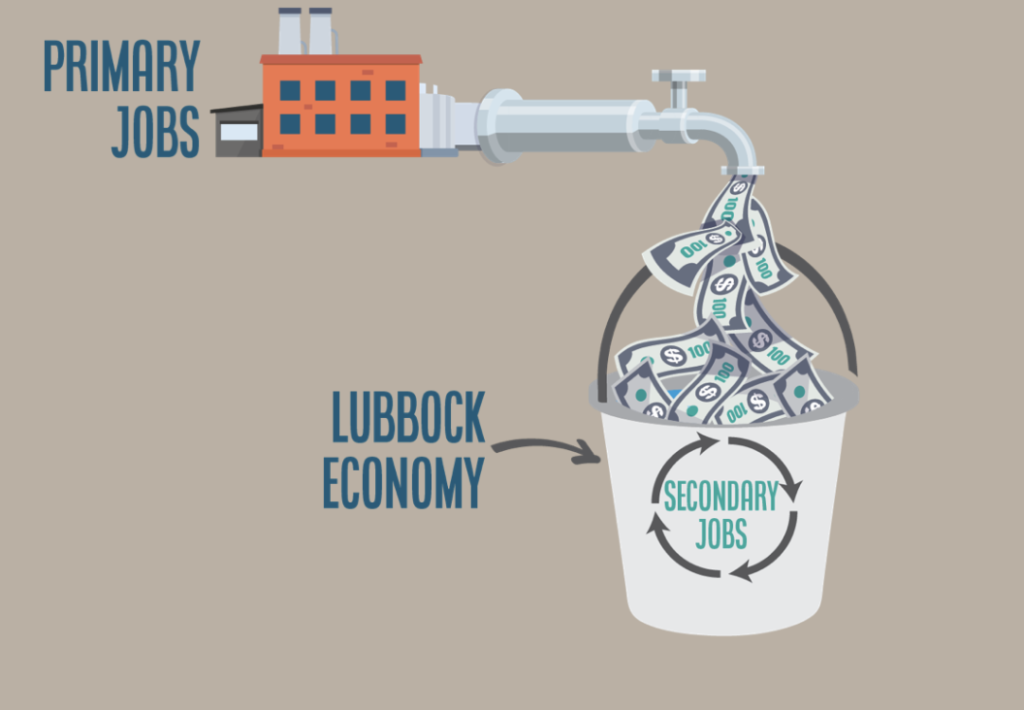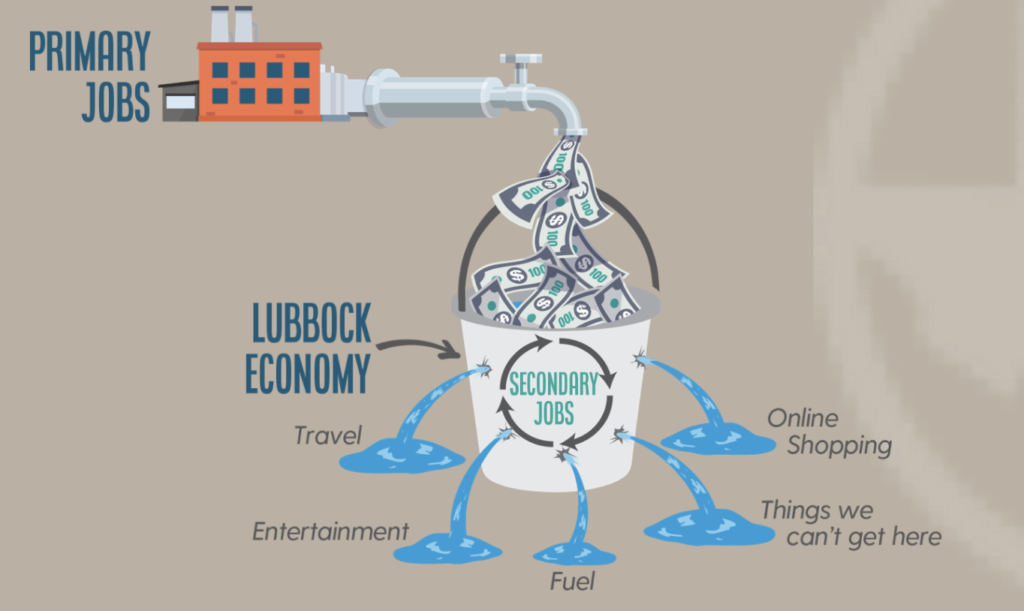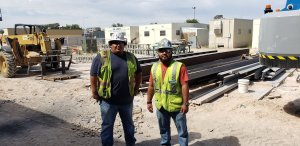
The Role of Economic Development
In order for any community to flourish, investment efforts into the future of business, workforce and community are essential. Opportunities for jobs and quality of life are just a few of the ways economic development has the potential to better the lives of every member within the community. The impact economic development has on a city is the leading motivator behind every decision, as it impacts every citizen. It is the process of creating greater wealth within a community by bringing new businesses to drive the economy forward.
In the late 1970s, the Texas legislature passed the Development Corporation Act which allowed a municipality to create a non-profit development corporation that could promote the creation of new and expanded industry and manufacturing activity within the city. At the time, a Texas constitutional prohibition made it illegal for development corporations to receive funding from the state or local governments. In 1987, the voters of Texas approved an amendment to the State Constitution that said expenditures for economic development could serve a public purpose. Quickly after, the state government approved the funding of these development corporations through sales taxes. The purpose of an economic development corporation was, and still is, to bring primary jobs to its community.

A primary job is one that produces goods and/or services for customers that are predominantly outside its community. One example is the national and international selling and distribution of any good or service. Once an employer has paid for the distribution and sale of products and services, the wealth is distributed inside of the community through wages paid to employees as well as through suppliers. By housing primary jobs within your city, new “outside” dollars contribute to the growth of the local economy.

In partnership with primary jobs secondary jobs also enrich the economy of a city. A secondary job is when products or services are sold inside the community. By creating local businesses and selling goods within city limits, money is circulating throughout the community. In order to keep a stable economy, there needs to be a balance of both primary and secondary jobs.

A third important factor of a city’s economy is the overflow of money. This is when citizens take their business elsewhere including online shopping or travel.
So, why is this process important to the growth and development of a city and its economy economy? There are two components of economic development: business development and community development. While the two are different, they go hand in hand. In order to have businesses move to our great city, we must invest in the development of our community.
A thriving economy benefits the community as a whole for a number of reasons. As “outside” dollars make their way to the pockets of community members, it is then used to purchase goods and services from companies within the city limits. At the end of the day, it affects every citizen by generating tax dollars for the economy and stimulating job growth. When you consider local communities are flush with cash, thanks to their local sales tax allocation earmarked for economic development, projects in business development and community development are going to chase those dollars.
Here in Lubbock, these projects include the Lubbock Economic Development Alliances’ downtown and east side projects and the revitalization of Lubbock’s downtown, among many others. Economic development does not just involve attracting outside dollars. Most communities also include small business development and business creation in their definition of local economic development as well.
As Lubbock continues to grow through emerging start-ups and recruitment efforts for our great city, the money poured into the economy is used to better the quality of life for its community members. This can include improved infrastructure, the creation of parks and the addition of bike lanes, to name a few.
Along with the two main components of economic development, there are also two main functions: attraction and retention.
It is the role of the economic development council to provide information and assistance to companies that are interested in the developer’s community for relocation or expansion. This also includes marketing the city to target business industries best suited for the community. Economic developers do not create new jobs, they provide information and assistance to companies who create new jobs.
Economic developers also work with elected officials and community partners to ensure that a positive environment for business growth exists in the community. The same factors that attract new employers will keep existing businesses in the community. These factors include, but are not limited to, proximity to markets, a skilled and ready workforce and quality of life.

While a city invests in its citizens, it simultaneously builds a place where people want to live and businesses want to come. Whether the industry is health care, energy, manufacturing or somewhere in between, our commitment at LEDA to helping business grow and succeed is unparalleled. With one of the most highly educated and economically diverse communities in the region, high-quality education and great quality of life, there’s no better place to set up shop than Lubbock, Texas.
“With the relationship we have with TTU, it’s easy to do business here, you can get around, you don’t have to sit in traffic.”
Dan Pope
Former Mayor of Lubbock
-

Josh Jung’s Home Base | Lubbock, Texas
Read more: Josh Jung’s Home Base | Lubbock, Texas -

South Plains College’s Drone Program: Shaping the Future of Aviation
Read more: South Plains College’s Drone Program: Shaping the Future of Aviation -

Quality of life is unmatched in Lubbock, Texas
Read more: Quality of life is unmatched in Lubbock, Texas -

EL ROBI | Empowering Futures Through Skilled Trades in Lubbock, Texas: The City of Opportunities
Read more: EL ROBI | Empowering Futures Through Skilled Trades in Lubbock, Texas: The City of Opportunities -

Texas Invests in the Future: What the $20B Water Fund Means for Lubbock and the State
Read more: Texas Invests in the Future: What the $20B Water Fund Means for Lubbock and the State -

POV: It’s Time to Move to Lubbock, Texas — Parade of Homes Edition
Read more: POV: It’s Time to Move to Lubbock, Texas — Parade of Homes Edition
